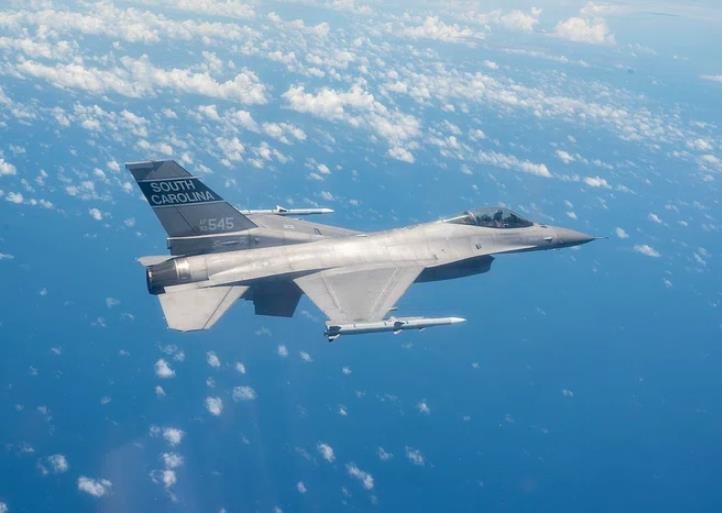The Royal Australian Air Force (RAAF) is set to test a $30 million anti-drone technology at a Northern Territory base. This initiative aims to enhance the country’s defense capabilities against hostile drone threats. The trial will deploy an AI-infused intrusion detection system capable of identifying and neutralizing unmanned aerial systems (UAS). This move aligns Australia with its AUKUS partners, such as the United Kingdom, which are also exploring similar technologies at their defense bases.
The core of this trial is an advanced AI-infused intrusion detection system designed to detect and counter hostile drone threats. This system, developed in collaboration with the Australian subsidiary of American military tech firm Anduril, represents a significant leap in defense technology. The AI capabilities allow the system to identify potential threats in real-time, providing a robust defense mechanism against unauthorized drone activities.

The deployment of this technology at the Northern Territory base is part of a broader strategy to enhance Australia’s defense infrastructure. The system’s ability to operate autonomously and its integration with existing defense networks make it a valuable asset in safeguarding critical installations. The trial will evaluate the system’s effectiveness in various scenarios, ensuring it meets the rigorous standards required for national defense.
This initiative also reflects the growing importance of AI in modern warfare. By leveraging advanced algorithms and machine learning, the RAAF aims to stay ahead of emerging threats and maintain a technological edge over potential adversaries. The successful implementation of this system could pave the way for its deployment across other defense installations in Australia.
Collaboration with Anduril
The partnership with Anduril is a key component of this trial. Anduril, known for its cutting-edge defense technologies, brings a wealth of expertise to the project. The company’s counter-intrusion capability services are designed to provide comprehensive protection against a wide range of threats, including drones. This collaboration underscores the importance of international partnerships in advancing defense capabilities.
Anduril’s involvement ensures that the RAAF has access to the latest innovations in defense technology. The company’s experience in developing and deploying similar systems in other countries provides valuable insights that can be applied to the Australian context. This partnership also highlights the strategic importance of aligning with global defense leaders to enhance national security.
The four-year contract with Anduril includes the provision of off-the-shelf counter-intrusion capability services. This approach allows for rapid deployment and integration of the technology, ensuring that the RAAF can quickly enhance its defense posture. The trial will also provide valuable data that can inform future developments and improvements in anti-drone technology.
Implications for National Security
The deployment of this anti-drone technology has significant implications for Australia’s national security. As drones become increasingly sophisticated and accessible, the threat they pose to critical infrastructure and national security grows. The ability to detect and neutralize these threats is essential for maintaining the integrity of defense installations and protecting the public.
The trial at the Northern Territory base is a proactive step in addressing these emerging threats. By investing in advanced technologies, the RAAF is ensuring that it remains prepared to counter a wide range of scenarios. This initiative also demonstrates Australia’s commitment to leveraging cutting-edge technology to enhance its defense capabilities.
The broader implications of this trial extend beyond national security. The successful deployment of this technology could have applications in other sectors, such as border security and critical infrastructure protection. By staying at the forefront of technological innovation, Australia can enhance its overall security posture and contribute to global efforts to counter emerging threats.








